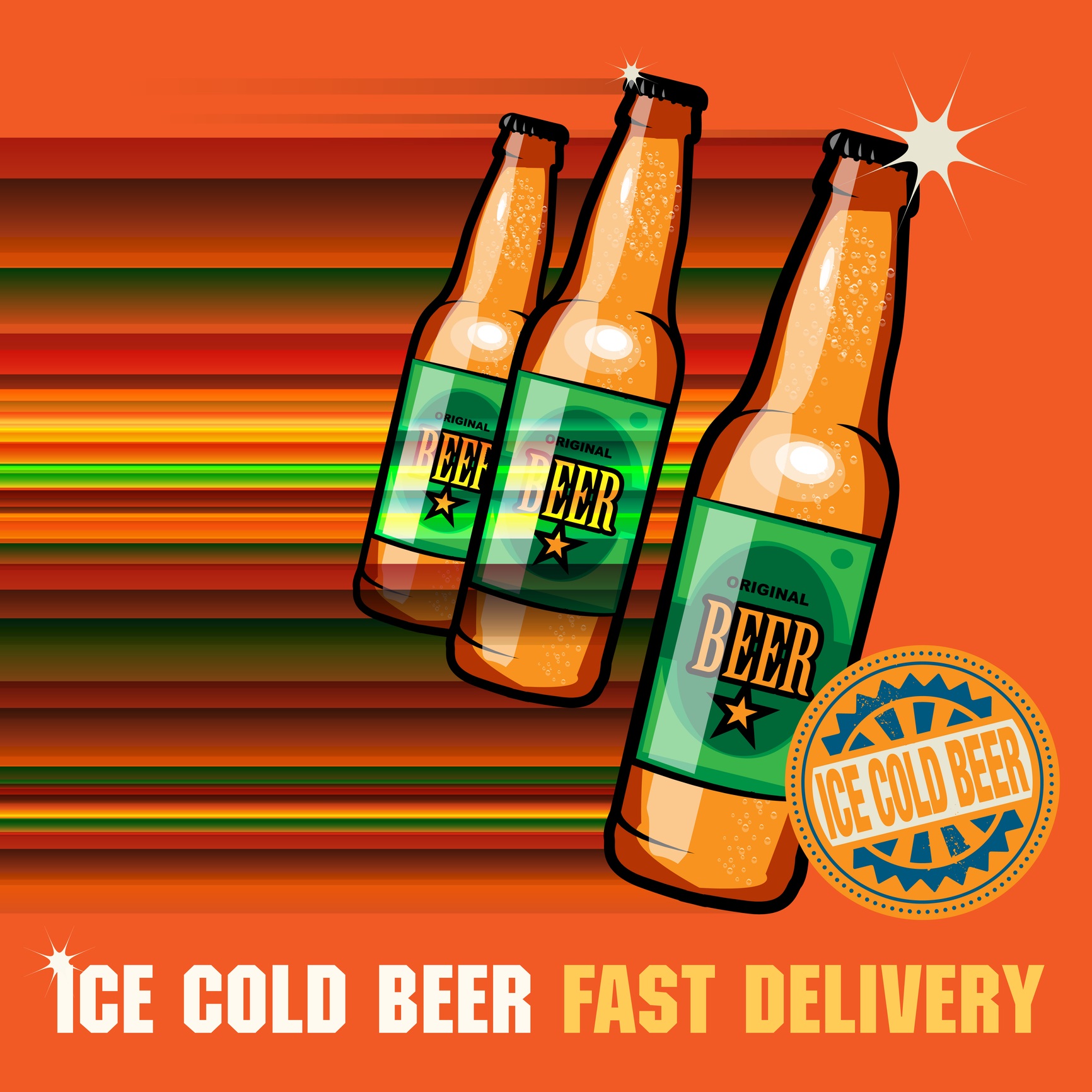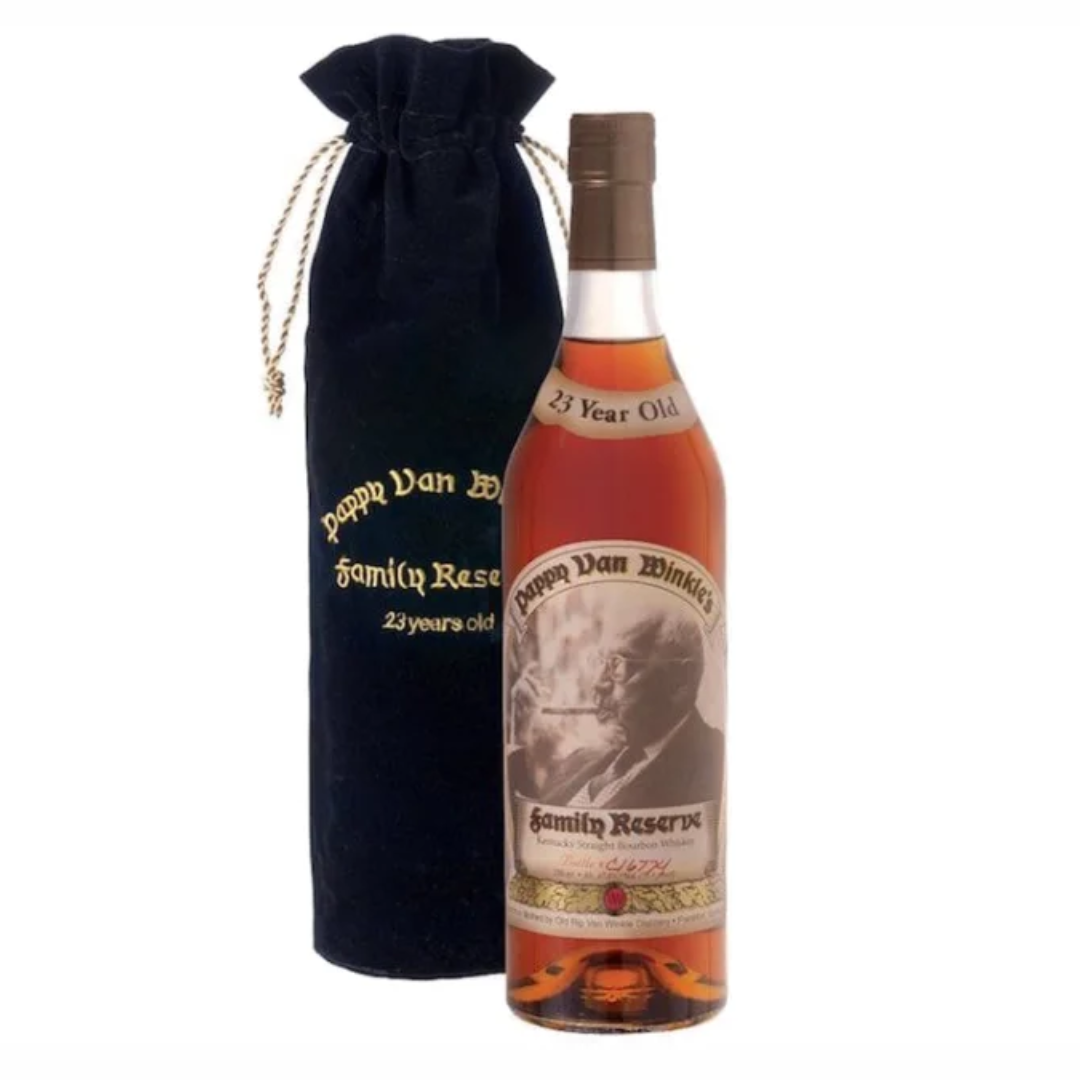Beer and Pizza? Yes. Wine and Pizza? No. Home Delivery of Wine Practically Impossible for Restaurant Licensees Under Liquor Code

Do you like wine with your pizza? There’s now an app that helps you choose the perfect bottle to match your toppings, but there’s a catch and the Pennsylvania Liquor Code is responsible for it. If you like beer with your pizza, you can have it delivered with your pizza of choice without leaving the comfort of your home. Wine, on the other hand, cannot be delivered by a restaurant licensee under the Liquor Code. Why does this dichotomy exist? It is all contained in the Liquor Code section permitting a restaurant licensee to obtain a wine expanded permit.
With a transporter-for-hire license, a restaurant may deliver up to 192 ounces of malt or brewed beverages to a customer, so long as the payment occurs at the restaurant, not at the time of delivery. This has been interpreted by the Pennsylvania Liquor Control Board (“PLCB”) to mean that credit card payments over the phone are acceptable, as the card is processed at the restaurant. Additionally, the customers can tip the driver upon delivery without causing the “sale” to be away from the licensed premises.
Unfortunately, home wine delivery is held to a significantly higher standard. With a wine expanded permit, a holder can sell up to 3,000 mL of wine in a single transaction. While the holder of a wine expanded permit can obtain a transporter-for-hire license in the same manner as a restaurant licensee that wants to deliver beer, it is ineffectual. The holder of a wine expanded permit must use a transaction scan device on a customer’s driver’s license before making the sale of wine, which is not required by the Liquor Code for the off-premises sale of beer. In fact, all a restaurant licensee is required to do when delivering beer is to check the driver’s license prior to delivering the beer. This requirement to use a transaction scan device makes it necessary for the customer to be on the restaurant’s premises when placing the order, destroying the possibility of home delivery for wine.
The newly widespread availability of beer and wine at grocery and convenience stores has impacted many related markets. Restaurants want to take advantage of anything that could potentially boost sales, especially if the restaurant has an established food delivery service. The ability to ship beer with food has been a great boon to local businesses, and many wonder if they will ever be able to ship other forms of alcohol, allowing restaurants to appeal to a wider demographic, and inevitably gaining a competitive advantage. As noted above, that is not possible with wine unless the legislature changes the statutory language authorizing wine expanded permits for restaurant licensees.
For information regarding national and state liquor law matters or general manufacturing and distribution advice, please contact our Liquor Law, Licensing, Manufacturing, and Distribution Practice Group: Liquor Law Department Chair Theodore J. Zeller III, Esquire (tzeller@norris-law.com); David C. Berger, Esquire (dberger@norris-law.com) for Pennsylvania and New Jersey retail and manufacturing licensing; or contact our offices at 610-391-1800.




